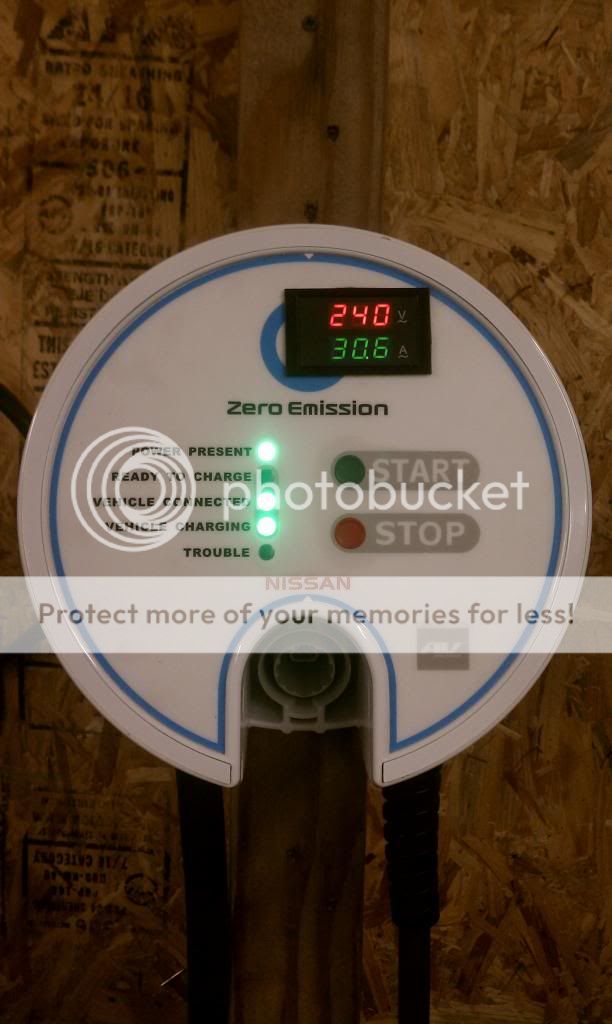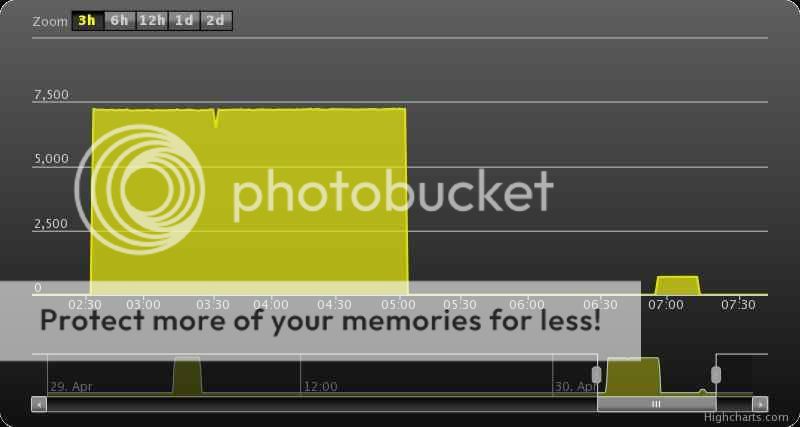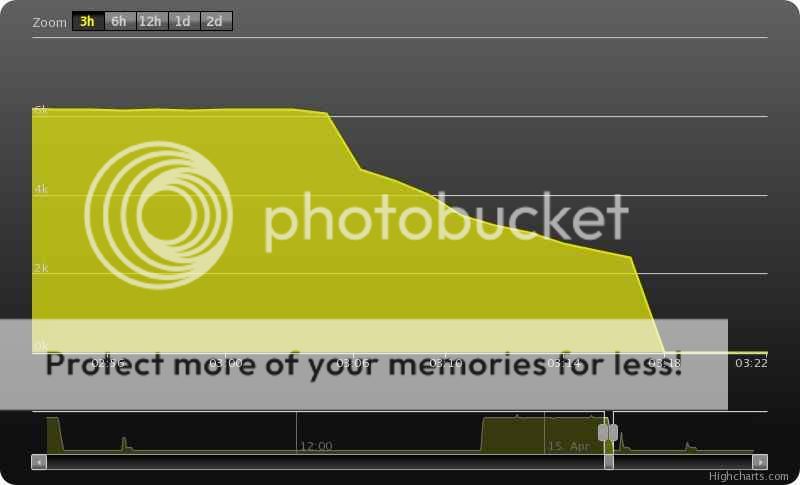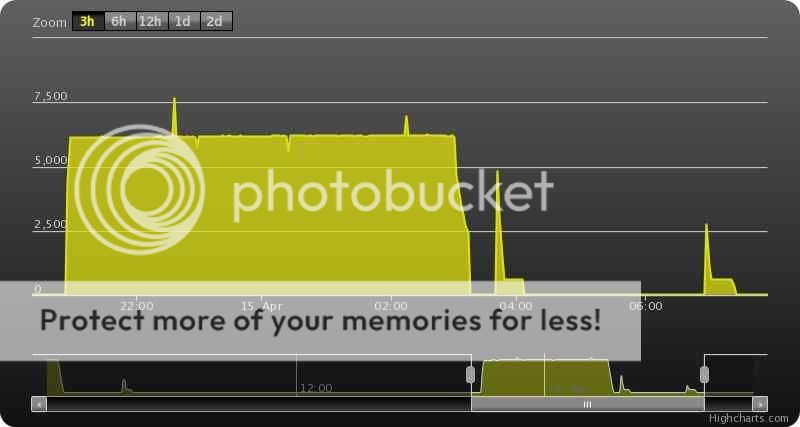Kohler Controller
Well-known member
Thanks fooljoe for the time till charged feature (including standard or extended charge settings)!
This will come in handy when charging in the wild, as last week I used a public blink charger which I calculated to be 208V/25A or ~14 miles per hour of charge.
I took Tony's meter suggestion and added it to my AV EVSE. 240VAC and 30A throughput. If I take my EVSE with me to charge at an RV park or a friend's house, I'll now be able to enter the exact info into RavCharge.

The only thing I would recommend is to use 85% instead of 80% efficiency.
This will come in handy when charging in the wild, as last week I used a public blink charger which I calculated to be 208V/25A or ~14 miles per hour of charge.
I took Tony's meter suggestion and added it to my AV EVSE. 240VAC and 30A throughput. If I take my EVSE with me to charge at an RV park or a friend's house, I'll now be able to enter the exact info into RavCharge.

The only thing I would recommend is to use 85% instead of 80% efficiency.






